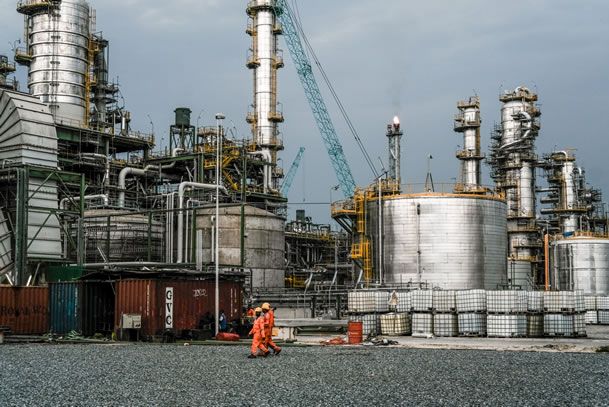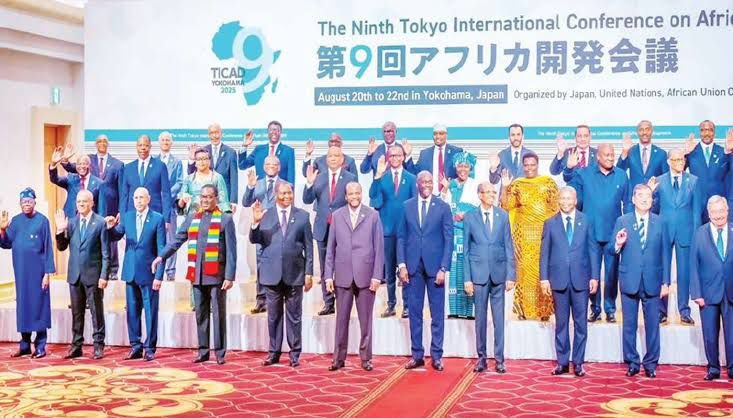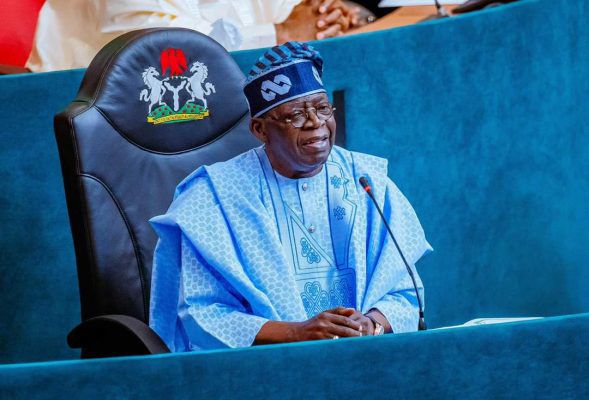The 650,000 barrel petroleum refinery has announced the immediate resumption of petrol sales in Nigeria’s local currency Naira, following a temporary suspension that had raised concerns about fuel prices and foreign exchange stability in Nigeria. The decision, communicated to marketers in a notice, follows a swift intervention by the federal government’s Naira-for-Crude Technical Committee.
The refinery had initially announced the suspension of local currency transactions on Friday, citing that it had sold petroleum products “in excess of our Naira-Crude allocations.” The move, which was set to take effect on Sunday, had triggered a wave of anxiety within the downstream sector, with analysts warning of a potential spike in pump prices and renewed pressure on the Naira. A similar suspension in March of this year saw prices climb to nearly N1,000 per litre, from N900 and there were fears of a repeat.
However, a new notice issued late Saturday confirmed that the temporary halt was being lifted. “Following the intervention of the Naira for Crude Technical Committee Chairman, we are pleased to inform you of the resumption of PMS Sales in Naira commencing immediately,” the refinery’s email to its customers reads, urging marketers to disregard the earlier suspension notice and proceed with new orders for both self-collection and delivery.
The Naira-for-Crude initiative is a government-backed policy aimed at stabilizing the domestic fuel market and easing pressure on the country’s foreign exchange reserves. Under the deal, local refineries are allocated a certain amount of crude oil for which they pay in Naira, and in turn, they must sell their refined products to the Nigerian market in the local currency. This mechanism is seen as a critical component of Nigeria’s strategy to achieve energy self-sufficiency and manage the volatile exchange rate.
Its primary goal is to stabilize the domestic fuel market. By allowing refineries to acquire crude in the local currency, the policy reduces their exposure to foreign exchange fluctuations, which, in turn, helps to keep the price of refined products more stable for Nigerian consumers.
It also lessens the overall demand for U.S. dollars in the economy, as the country no longer needs to use its scarce foreign currency to import refined fuel. This is expected to strengthen the Naira and reduce pressure on the foreign exchange market.

The quick resolution to this latest disruption underscores the government’s commitment to ensuring a stable fuel supply and preventing economic shocks. The resumption of Naira sales by Africa’s largest single-train refinery is a significant relief for marketers and consumers alike, who rely on the domestic supply to keep prices in check.












